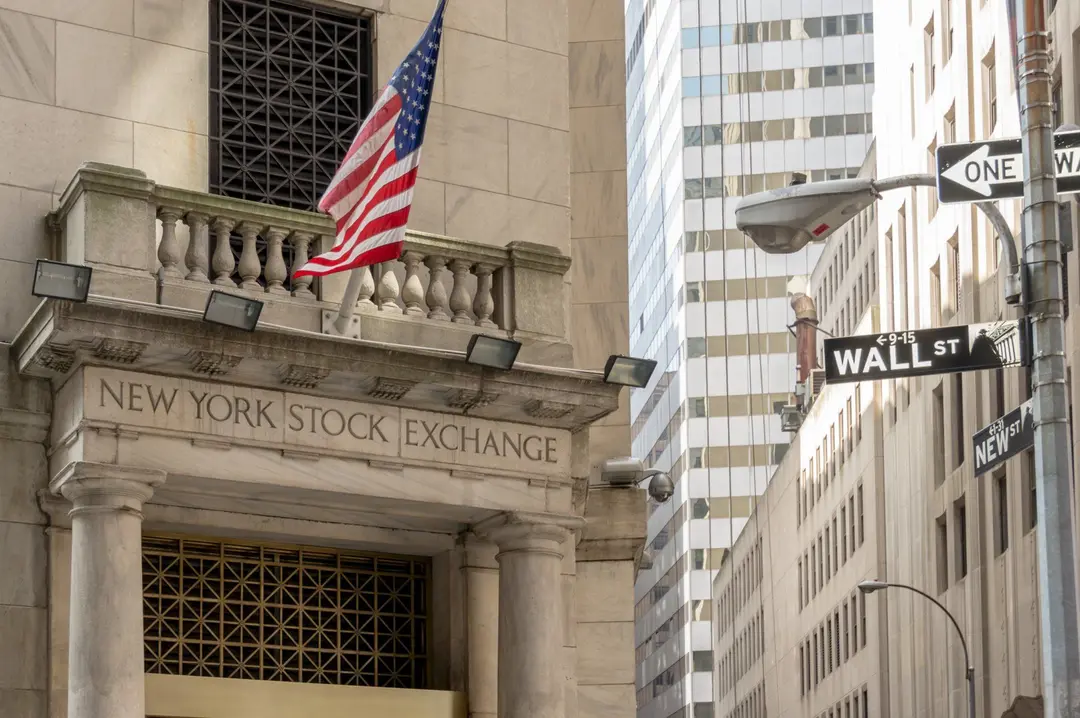The two biggest exchanges for trading equities in the United States are the New York Stock Exchange (NYSE) and the National Association of Securities Dealers Automated Quotation System (NASDAQ). Although NYSE and NASDAQ are the two exchanges most investors are familiar with, they’re far from the only exchanges.
There are nearly a dozen smaller exchanges in the United States, including:
- American Stock Exchange (acquired by NYSE Euronext in 2008)
- Boston Stock Exchange
- Chicago Board of Trade
- Chicago Mercantile Exchange
- Chicago Stock Exchange
- Miami Stock Exchange
- Philadelphia Stock Exchange
- National Stock Exchange
- International Securities Exchange
- CBOE Options Exchange
What Are the Differences Between NYSE and NASDAQ?
From an investor’s point of view there’s little difference between either exchange. If you have a brokerage account or work with an investment advisor, buying or selling stocks on the NYSE or NASDAQ is a seamless experience.
From a business’s perspective there are some important differences between the two exchanges. In order to have your business listed on the NYSE, you need to have a minimum of 400 shareholders and at least 1.1 million outstanding shares.
The NYSE has roots dating back to 1790. NASDAQ is much younger, being founded by the National Association of Securities Dealers (NASD) in 1971. NASDAQ’s early adoption of an entirely computerized system quickly made it a serious competitor to the NYSE. It’s efficiency and ease of use led to lower costs, which means lower listing fees for companies.
NASDAQ makes an ideal home for smaller start-up businesses, which is one of the reasons so many of the major tech giants of today started out on NASDAQ. Examples include Google, Amazon, Microsoft and Apple.
From an operational perspective, the NYSE is what’s known as an “auction market.” NASDAQ is a “dealer market.”
Why Does NASDAQ Get So Many IPOs?
Although the NYSE has a unique prestige and cachet, its operational approach to trading stocks makes it more expensive for companies to use. NASDAQ is a more cost-conscious exchange.
NASDAQ has a reputation for being more volatile and home to companies with huge growth potential. Newer companies, especially in the tech sector, often offer significant growth potential and greater risk, both of which may contribute to higher levels of volatility.
Capital is necessary for growth, and companies that are considering IPOs are fundamentally in their rapid growth stage of development. While the difference in cost between NYSE and NASDAQ might not be massive in the greater scheme of things, these businesses are often looking at expenses on a granular level while seeking to eke out every bit of growth possible from their limited capital.
That may lead some investors to wonder why any businesses ever choose the NYSE. Age and optics likely have a lot to do with the NYSE’s continued dominance. Many businesses listed on the NYSE are significantly older than NASDAQ, and there’s an undeniable institutional pride that goes along with being listed on the NYSE, the exchange with the largest total market cap in the world.
Making the move over to NASDAQ from the NYSE can be tedious, but that doesn’t mean some businesses haven’t taken the plunge. Kraft Foods, Walgreens, AstraZeneca and PepsiCo are all companies that have recently transitioned to NASDAQ from the NYSE.
Are You a Phoenix-Based Investor or Retirement Saver Looking for Wealth Management or Investment Guidance?
Fullerton Financial Planning employs one of Arizona’s most highly regarded financial advisory team. Our fiduciaries are committed to the financial success of our clientele. You can learn more about our investment management services by calling (623) 974-0300 and speaking with a financial advisor.






